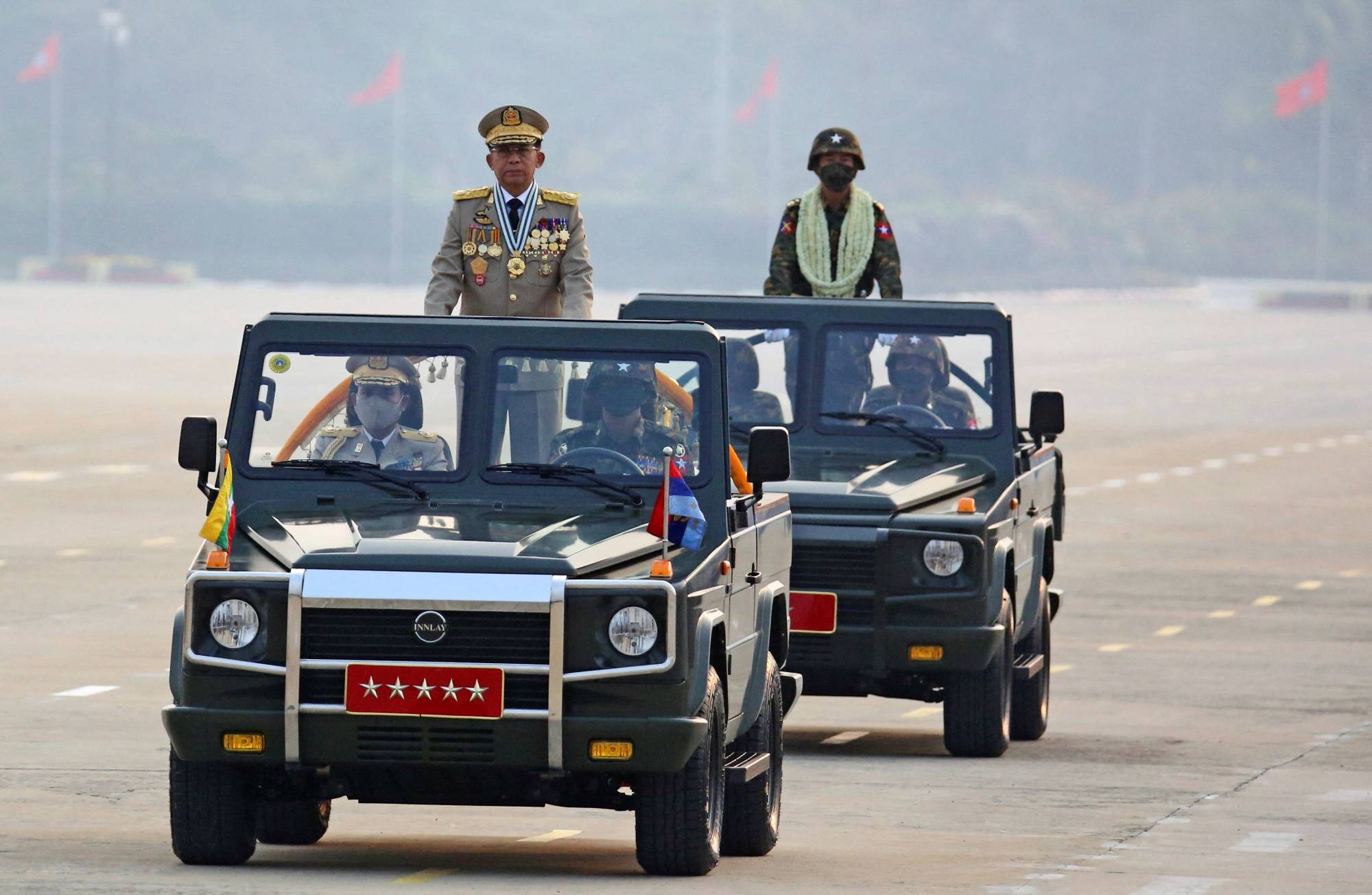Throughout South and Southeast Asia, militaries have seized the reins of power or become increasingly involved in politics — more so than at any time in recent years.
Just 10 years ago, there were no militaries fully in control of governments in South or Southeast Asia. Today, in Myanmar and Thailand, the armed forces are in direct or de facto control of those countries. In states such as Cambodia, Indonesia, Pakistan and the Philippines, the militaries play growing — even dominant — roles in civilian politics once again.
The effects of renewed military meddling on democracies, societies and economies often are devastating. They tend to make it hard for countries to return to democracy, spark significant bloodshed and create governments that are terrible at ruling.


















With your current subscription plan you can comment on stories. However, before writing your first comment, please create a display name in the Profile section of your subscriber account page.